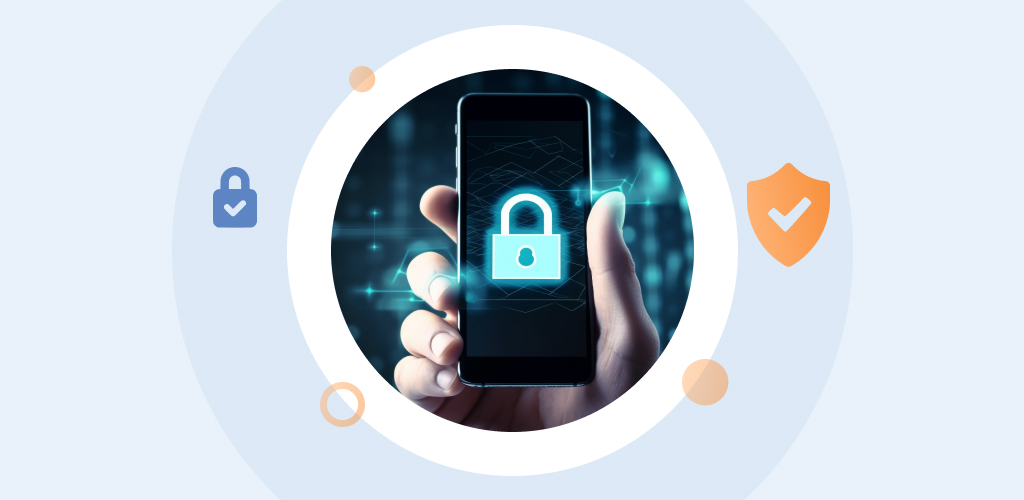Advanced Security Strategies with Taqnyat (MFA)
13/08/ 2024

Multi-Factor Authentication (MFA) is a security solution used to enhance login security by requiring users to verify their identity through multiple methods, in addition to the traditional username and password which obliges the user to provide additional proof of identity, such as entering a code or other data only they possess. This process helps protect their data more effectively, ensuring that the person attempting to access the account is indeed the authorized user, Therefore, MFA is considered a more reliable method for protecting online accounts from attackers.
Why Multi-Factor Authentication (MFA)?
A common issue with using only passwords for authentication is that they are often simple, easy to remember, and reusable, leading to various security challenges for user accounts and making them vulnerable to basic password-breaking attacks through common password pattern analysis.
Research has identified ten common password creation patterns: appending, prefixing, inserting, repeating, sequencing, substituting, reversing, capitalizing, special formatting, and mixed patterns, these techniques allow attackers to impersonate and compromise data and accounts, making MFA a crucial requirement for companies to secure their databases and enhance overall security.
MFA Authentication Options
MFA supports a variety of multi-factor authentication methods, including:
- Time-Based One-Time Passwords (TOTP)
- Push Notifications
- SMS Notifications
- Voice Notifications
- One-Time Passwords (OTP)
- WebAuthn with Security Keys
- WebAuthn with Device Biometrics
- Email Notifications
- Cisco Duo Security
- Recovery Codes
- Security Questions (SQ)

Advanced Security Strategies with Taqnyat (MFA)
Steps to Implement Multi-Factor Authentication (MFA)
The first step for companies is to adopt best practices in implementing MFA in any form, using it alongside usernames and passwords to significantly improve login security and limit unauthorized access. Providers of MFA services and software applications should enforce multi-factor authentication, leaving the responsibility of enabling it to the users, and companies should avoid dealing with accounts with varying security levels, as this complicates security management and makes it harder to identify potential threats to their data.
Companies should provide multiple options and communication channels for delivering verification messages, making security requirements easier to meet, this allows companies that prioritize user security to implement solutions that require at least three factors for authentication through communication channels provided by Taqnyat, such as SMS, email, and WhatsApp, which can deliver all types of authentication messages, notifications, and alerts.
Taqnyat offers the best practices, most reliable authentication methods, and the necessary technology to use them.
Discover our comprehensive solutions for managing all your organization's needs from one platform
